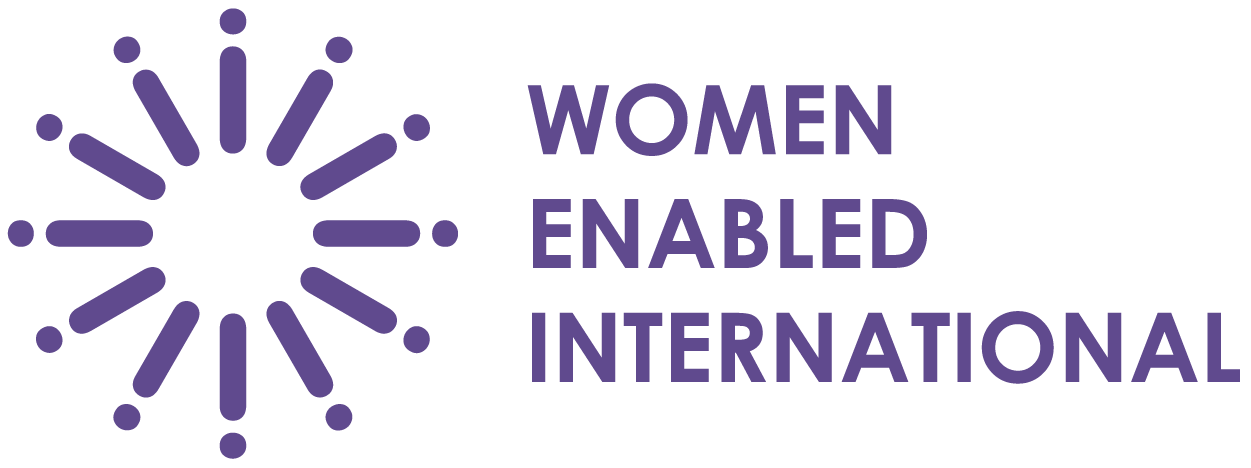Fist published on Medium.
By Estefanía Cubillos Nova
When imagining a world led by women, it’s likely that images of Michelle Obama or Malala Yousafzai will come to mind, as they are outstanding leaders who have reached great milestones and whose work is an inspiration to other girls and women worldwide. Even though I always looked for a direct affinity in public figures like them, I never found it.
I didn’t think this was due to a language, ideological or geographical barrier, and so my concern grew and I began to dig deeper, seeking to find the right answers to all the doubts I had about women’s leadership, which did not resemble my reality.
It was 2013 when I met Marissa Martinez, a woman and leader with a visual disability from Panama, who constantly shares powerful messages to other women with her same condition. Meeting and listening to her was something that would mark me forever.
When I met her, I was captivated by her energetic words, which instilled in me a sense of security in my own identity. As I listened to her, I understood that the affinity I was looking for in other women laid in my ability to not only feel pride in my identity, but also to instill it in other women as well, keeping in mind our particular situations, our diversity.
Today, years later, I can recognize that, without Marissa’s leading voice, I wouldn’t have taken a step forward to advocate for the rights to which we as women with disabilities are entitled, fighting from grassroot movements.
It is essential that girls with disabilities learn to accept and be proud of their condition from an early age. This is a vitally important factor that is not yet discussed at home, at school, the community.
In this context, we encounter many obstacles in advocating for our rights. From the comments made at home to the content present in the media, people with disabilities grow up surrounded by stigma and stereotypes associated with pity, imperfection and rejection.
In my case, I remember the time when I did not use the white cane to move around for fear of being ignored at school, or when I avoided eating in public places to avoid being stared at. Years later, I was astonished to find that other blind friends of mine had experienced the same thing. In that moment, I knew that it was time to act and change everything from the ground up.
Going back to Marissa’s story, I’d like to stress how fundamental it is to assume and embrace disability as a condition that is part of our existence, from a proud and optimistic perspective. As Marissa claims,“it doesn’t matter what our condition is. We have a duty to be proud to be women with disabilities; it is a right that no one can limit. It is also our duty to stop being ashamed or hiding the fact that we have difficulty seeing or hearing.”
The key to move forward and create new leadership is in our hands. We have to start instilling -in ourselves and other women with disabilities- the importance of feeling comfortable with ourselves and what we represent.
We don’t want to be cast under the grim light of charity and eternal infantilization any longer. We never agreed to that. It is time for us to raise our voices and take places of leadership, because when women with disabilities lead, communities thrive.
Estefanía Cubillos is a journalist and a graduate of the Women’s Institute on Leadership and Disability (WILD) training program of Mobility International USA. Estefanía enjoys travelling.
